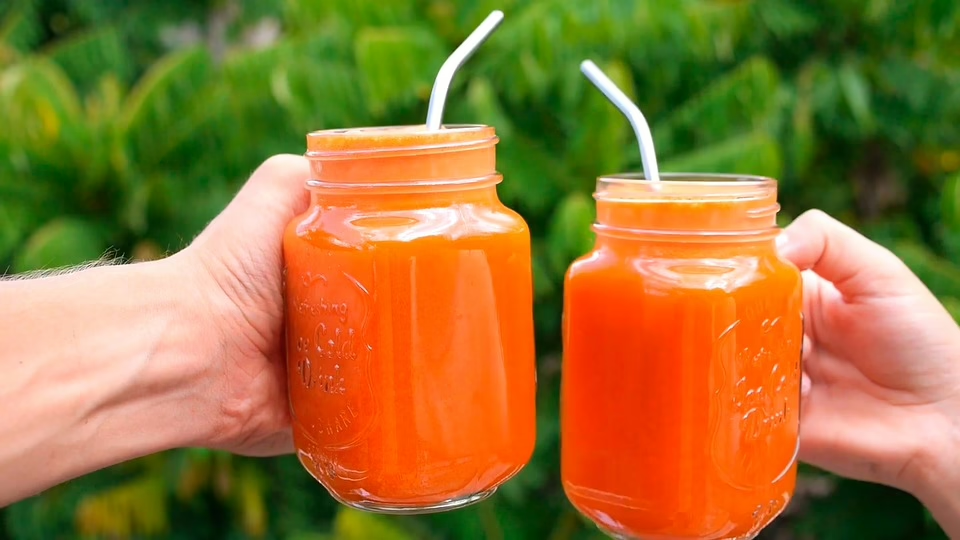Fueling Little Bodies: A Guide to Nutrition Drinks for Toddlers
When it comes to toddlers, a well-balanced diet is essential for their growth and development. However, meeting their nutritional needs can sometimes pose a challenge, especially for picky eaters. Here, we explore the role of nutrition drinks tailored for toddlers, their benefits, and considerations for parents.
Understanding Toddler Nutritional Needs
Toddlers undergo rapid growth and development, requiring various nutrients to support their physical and cognitive functions. According to the American Academy of Pediatrics (AAP), essential nutrients for toddlers include:
- Proteins: Vital for muscle development and repair.
- Carbohydrates: The primary energy source.
- Fats: Necessary for brain development.
- Vitamins and Minerals: Micronutrients like calcium and vitamin D are critical for bone health.
Nutritional Gaps
Despite parents’ best efforts, many toddlers do not receive the recommended daily intake of these nutrients. Picky eating habits, limited food variety, and food aversions can contribute to nutritional gaps. For many parents, nutrition drinks offer a convenient way to fill these gaps while ensuring that their little ones receive essential nutrients.
Nutrition Drinks: A Viable Option?
What Are Nutrition Drinks?
Nutrition drinks designed for toddlers are fortified beverages aimed at providing comprehensive nutrition. They are often enriched with vitamins, minerals, protein, and healthy fats. These drinks are available in various flavors and formulations, making them appealing to young children.
Types of Nutrition Drinks
-
Milk-Based Drinks: These typically contain whole milk or a blend of milk proteins and are fortified with vitamins and minerals. They offer a good source of calcium and protein.
-
Plant-Based Drinks: Suitable for dairy-intolerant toddlers, these are often made from almond, soy, or oat milk. It’s essential to choose brands fortified with necessary nutrients like calcium and vitamin B12.
-
Protein Shakes: Designed specifically for toddlers needing extra protein, these shakes may contain whey protein or plant-based protein sources.
-
Meal Replacement Drinks: These are more calorie-dense and packed with nutrients, addressing the needs of toddlers who may skip meals or struggle with appetite.
Benefits of Nutrition Drinks for Toddlers
-
Convenience: Nutrition drinks are easy to store, serve, and consume.
-
Nutrient-Dense Formula: These drinks often pack significant nutrients in a small volume, making it easier for toddlers with little appetites to meet their daily requirements.
-
Appealing Flavors: Many nutrition drinks are flavored to be enjoyable for toddlers, encouraging consumption.
-
Support for Picky Eaters: For children who refuse certain food groups, nutrition drinks can provide a balanced alternative.
-
Hydration: Many toddlers may not drink enough fluids throughout the day. Nutrition drinks can offer hydration alongside essential nutrients.
Choosing the Right Nutrition Drink
Not all nutrition drinks are created equal. Selecting the right product requires careful consideration of your child’s individual needs and preferences.
Ingredients to Look For
- Real Ingredients: Look for drinks that prioritize whole food ingredients over artificial additives.
- Complete Proteins: Ensure the drink contains adequate protein to support growth.
- Fortified Vitamins and Minerals: Check for essential nutrients that might be lacking in your toddler’s diet.
- No Added Sugar: Minimize added sugars to help instill healthy eating habits from a young age.
Ingredients to Avoid
- High Fructose Corn Syrup: This is a cheap sweetener that offers little nutritional value.
- Artificial Colors and Flavors: These can offer no benefits and may pose health concerns.
- Excessive Calories: Some drinks are overly calorie-dense. Ensure they meet—but do not exceed—your child’s needs.
How to Incorporate Nutrition Drinks into Your Toddler’s Diet
-
As a Snack: Offer a nutrition drink as a midday snack, pairing it with whole grain crackers for a balanced bite.
-
Before/After Activities: Present a nutrition drink before or after physical activities or playdates for an energy boost.
-
Mixed with Meals: Use nutrition drinks in smoothies or as an ingredient in oatmeal to enhance nutrient content.
-
With Meals: Serve as a drink option at breakfast or lunch, instead of sugary beverages.
-
On-the-Go: These drinks are portable; keep them handy for busy days.
Addressing Common Concerns
Weight Management
Parents often worry that nutrition drinks can lead to excessive weight gain, given their calorie density. Moderation is key. These drinks should complement a well-rounded diet, not completely replace whole foods.
Allergies and Intolerances
Be mindful of ingredient labels, especially if your child has allergies to dairy, nuts, or soy. Many brands offer alternative options designed for children with specific dietary needs.
Dependency Concerns
Over-reliance on nutrition drinks may prevent toddlers from trying whole foods. Introduce these drinks slowly and encourage a balanced diet simultaneously.
Expert Opinions
Pediatric nutritionists often advocate for whole foods as the primary source of nutrition in a toddler’s diet. For instance, Dr. Jane Smith from the Pediatric Nutrition Institute emphasizes, “While nutrition drinks can be beneficial, they should not substitute the variety of foods that provide necessary nutrients. Aim for a mix.”
Conclusion
Nutrition drinks for toddlers can be a helpful tool for parents seeking to address their child’s dietary needs. However, they are best used to supplement a diverse diet rich in whole foods. Always consult your pediatrician or a registered dietitian before introducing new products into your toddler’s diet.
Final Thoughts
Navigating the world of toddler nutrition can be overwhelming, especially in an age where convenience often trumps health. However, with the right tools—like nutrition drinks—you can empower your child with healthy, balanced nutrition. Remember, every child is unique; what works for one may not work for another. Experiment, observe, and adapt to your child’s individual needs as they grow.
References
- American Academy of Pediatrics. (2021). Nutrition for the Young Child.
- Pediatric Nutrition Institute. (2022). Ensuring Proper Nutrition for Toddlers.
- Jones, S., & Smith, J. (2020). Feeding Toddlers: Strategies for Succeeding with Picky Eaters. Journal of Pediatric Health.
By choosing wisely and providing a variety of nutritious options, you can set the stage for a lifetime of healthy eating habits.


























Add Comment